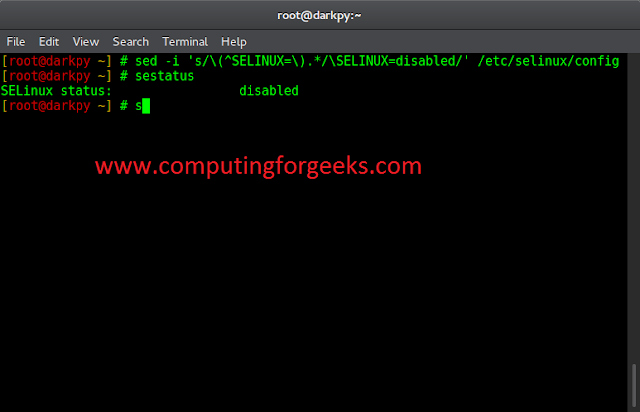The isInfinite() method in Float Class is a built in method in Java returns true if this Float value or the specifies float value is infinitely large in magnitude, false otherwise.
Syntax:
public boolean isInfinite()
or
public static boolean isInfinite(float val)
Parameters: The function accepts a single parameter val which specifies the value to be checked when called directly with the Float class as static method. The parameter is not required when the method is used as instance method.
Return Value: It return true if the val is infinite else it return false.
Below programs illustrate isInfinite() method in Java:
Program 1: Using static isFinity() method
Java
// Java code to demonstrate// Float isInfinite() method// without parameterclass GFG { public static void main(String[] args) { // first example Float f1 = new Float(1.0 / 0.0); boolean res = f1.isInfinite(); // printing the output if (res) System.out.println(f1 + " is infinity"); else System.out.println(f1 + " is not infinity"); // second example f1 = new Float(0.0 / 0.0); res = f1.isInfinite(); // printing the output if (res) System.out.println(f1 + " is infinity"); else System.out.println(f1 + " is not infinity"); }} |
Infinity is infinity NaN is not infinity
Program 2: Using non-static isFinity() method
Java
// Java code to demonstrate// Float isInfinite() method// with parameterclass GFG { public static void main(String[] args) { // first example Float f1 = new Float(1.0 / 0.0); boolean res = f1.isInfinite(f1); // printing the output if (res) System.out.println(f1 + " is infinity"); else System.out.println(f1 + " is not infinity"); // second example f1 = new Float(0.0 / 0.0); res = f1.isInfinite(f1); // printing the output if (res) System.out.println(f1 + " is infinity"); else System.out.println(f1 + " is not infinity"); }} |
Infinity is infinity NaN is not infinity
Reference: https://docs.oracle.com/javase/7/docs/api/java/lang/Float.html#isInfinite()




